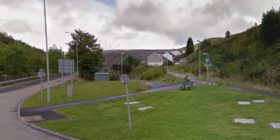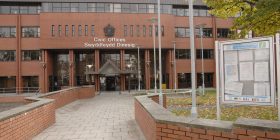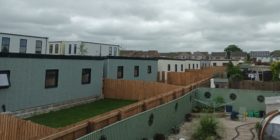Swansea Academics To Feature At The Times Cheltenham Science Festival 2016

Researchers from Swansea University will be featured at this year’s The Times Cheltenham Science Festival, alongside well known academics, scientists and personalities including Robert Winston, Alice Roberts, Richard Dawkins, Rory Cellan-Jones, Jon Culshaw and David Baddiel.
The University is an Associate Partner of the prestigious science festival, which runs from Tuesday 7 June until Sunday 12 June and at this year’s festival, organisers have selected two of the University’s innovative and exciting research areas to feature in in the diverse programme of events.
Professor Tracey Sagar and Debbie Jones from the College of Law and Criminology, discuss their major study, The Student Sex Work Project, on Tuesday 7 June 2016 between 2:00pm – 3:00pm at the BBC Science Zone. Professor Sagar said: “Our research aims to promote dialogue, challenge stereotypes and raise safety awareness around students and sex work. The study suggests that more than a fifth of students consider sex work to fund their studies – and with increased calls for decriminalisation, the industry is receiving growing attention.”
Dr Sarah Roberts, an astrophysicist from the College of Science will be running workshops at the Festival’s Interactive Zone from Tuesday 7th June with the Faulkes -Telescope project which provides access to a global network of robotic telescopes and provides free resources for science education. Visitors to the workshop will have the chance to try out activities such as exoplanet demonstrations, asteroid rotations and will also learn how supernovae light changes over time.
Dr Roberts said; “There will also be the opportunity for people to learn about the science of asteroids and comets as part of the Down2Earth project and they can test the effects of a huge meteorite impact has on Earth. We’ll also be asking people to get involved with real astronomy research as part of the Faulkes Telescope and ESA Gaia mission to ‘Spot a Supernova.”
Emma Nehemiah, Swansea University’s Research Marketing and Public Engagement Officer said: “Events like the Cheltenham Science Festival are a showcase for the world-class research that happens at Swansea University. At Swansea, we promote a thriving interdisciplinary research environment which allows research without boundaries, to flourish in order to meet the big challenges of today which do not respect the artificial boundaries between traditional disciplines.”
Spotted something? Got a story? Email News@News.Wales










